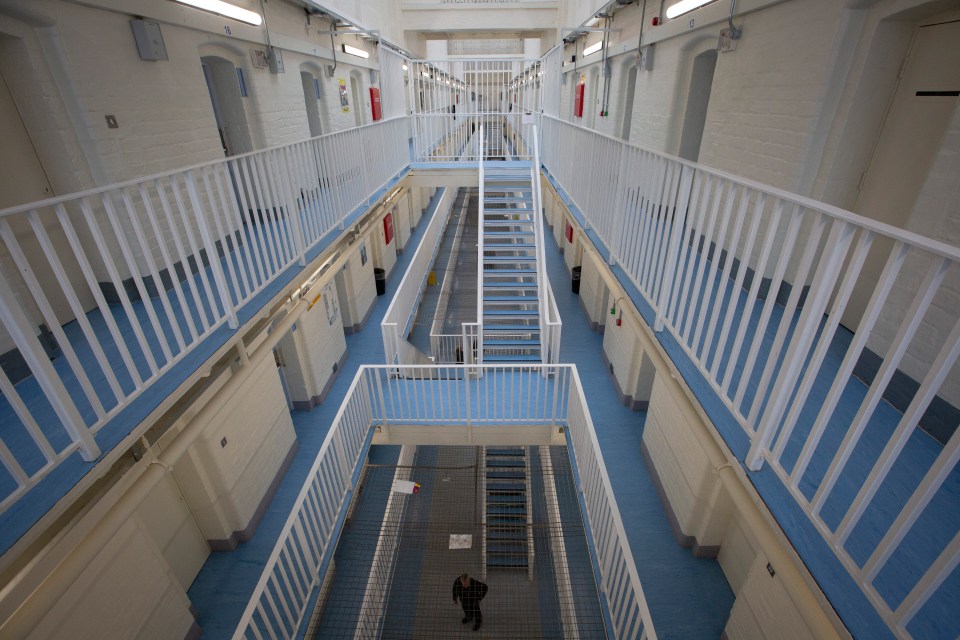A hard cell
BRITAIN’S dilapidated and overcrowded prisons are in meltdown.
Violence behind bars is soaring and there will soon be nowhere to lock up newly convicted criminals.
Yesterday we learned that a prison guard had their throat slashed by an inmate, the latest in a string of brutal attacks on overstretched staff.
Justice Secretary Shabana Mahmood now admits her decision to release 1,700 prisoners last September was only to buy time.
As a result, she has now been forced to impose more soft justice to avoid hanging the “full up” sign outside every jail.
Ms Mahmood says she will avoid an embarrassing repeat of the scenes when champagne-swigging villains laughed and drank a toast to Sir Keir Starmer as they were let out early.
Instead, she will free up space by limiting the length of time served by criminals recalled to jail for breaching their licence to just one month.
But the consequences will be the same — more wrong ’uns on the loose.
With average reoffending rates already at 25 per cent, this will inevitably lead to more burglaries, domestic abuse, drug-peddling and violence.
Ms Mahmood insists she had to act — claiming Britain was five months away from “total breakdown of law and order”, with no room in prison.
Three new jails, at a cost of £4.7billion, are long overdue — but work won’t start on the first until later this year.
It is shameful and intolerable that successive governments talked about being tough on crime while doing so little to halt the cycle of crisis.
For the second time in under a year, Labour has taken a huge gamble on public safety.
Law-abiding citizens are having their patience tested to the limit.
Ninny state
MEDDLING officials dictating what’s good or bad for us have turned Britain into one of the biggest nanny states in Europe, according to a new study.
It’s hardly surprising since we have some of the toughest food, drink and tobacco regulations and the highest alcohol taxes in Europe.
From a sugar tax on fizzy drinks to the ban on TV ads for junk food, there is hardly any walk of life that doesn’t carry some kind of restriction or health warning.
While some safety laws, such as compulsory seat belts in cars or crash helmets on motorbikes make good sense, most of us are perfectly capable of assessing the risk of having a can of pop, the occasional burger or a flutter on the Grand National.
As well as violating our freedom, over-bearing rules put a costly strain on business.
If the Government is serious about economic growth, it’s time to rein in the health zealots.













